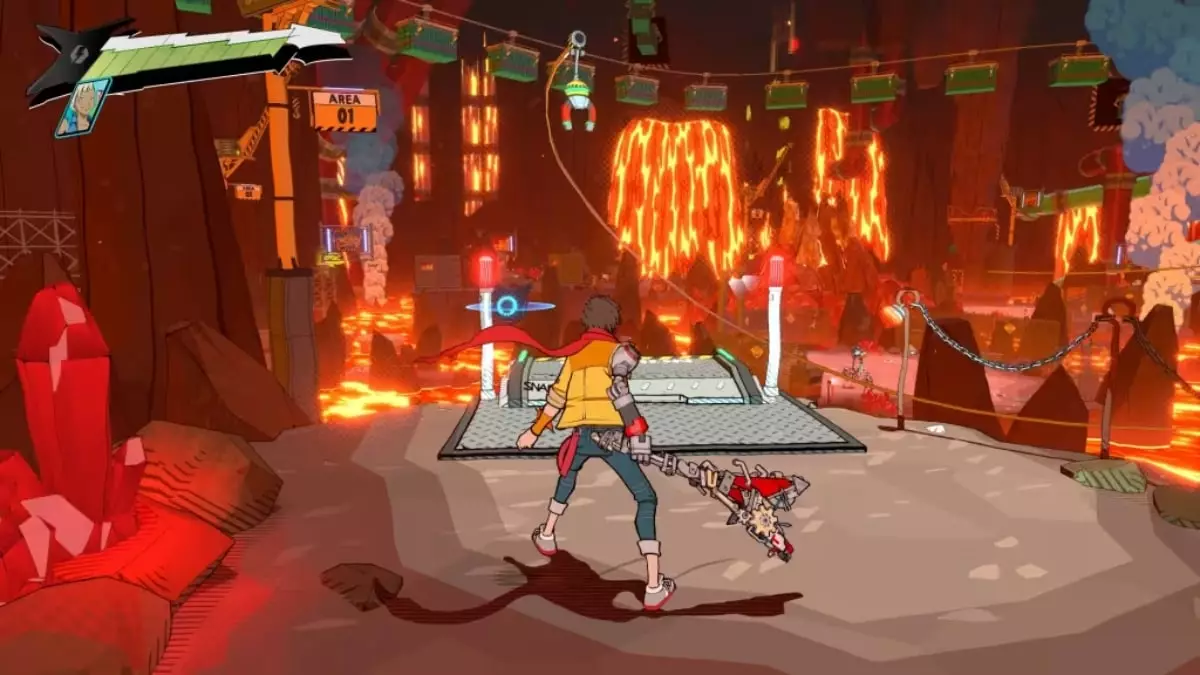Microsoft’s recent decision to shut down several Bethesda-owned game studios has sent shockwaves through the gaming industry. Tango Gameworks, Arkane Austin, Alpha Dog Games, and Roundhouse Studios are among the casualties of this strategic move. The closure of these studios is part of Microsoft’s larger effort to shift its focus towards its “priority games”. This decision was confirmed by affected studios Tango Gameworks and Arkane in separate posts, signaling a significant change in direction for Xbox.
The closure of these studios will undoubtedly have a ripple effect across the industry. Not only will this decision lead to “significant layoffs”, but it will also disrupt the development of ongoing projects. For example, Arkane Austin, known for their work on Redfall, will cease all development on their last game. This means that players can no longer expect updates for the vampire shooter, despite its initial release to a lukewarm reception.
The fallout from Microsoft’s studio closures raises questions about the future of other Bethesda-owned studios. While some games, like Hi-Fi Rush, have been hailed as “break out hits”, others, such as Redfall, have failed to meet expectations. The closure of Tango Gameworks, the studio behind titles like The Evil Within series and Ghostwire: Tokyo, is particularly concerning as it leaves their future projects in limbo.
Realigning Priorities
According to an internal email from Xbox Game Studios head Matt Booty, the studio closures are part of a broader effort to prioritize “high-impact titles” and blockbuster games from Bethesda. This realignment of resources will involve reallocating teams and, unfortunately, letting go of some talented developers. While the exact number of roles affected has not been confirmed, the email emphasized the need to create capacity for increased investment in other parts of Microsoft’s gaming portfolio.
Microsoft’s decision to shutter several game studios is not an isolated incident but part of a larger trend in the gaming industry. Major studios like Riot Games, Eidos-Montréal, Sony, Electronic Arts, and more have all faced layoffs and reorganizations in recent months. The competitive nature of the gaming industry means that companies are constantly evaluating their strategies and making tough decisions to stay ahead of the curve.
The fallout from Microsoft’s recent studio closures underscores the challenges and uncertainties facing game developers in an ever-evolving industry. While the closures may be a strategic move to refocus resources on priority projects, they also come at a cost in terms of talent and creativity. As the gaming landscape continues to shift, developers and players alike must navigate these changes and adapt to a new era of gaming.


Leave a Reply